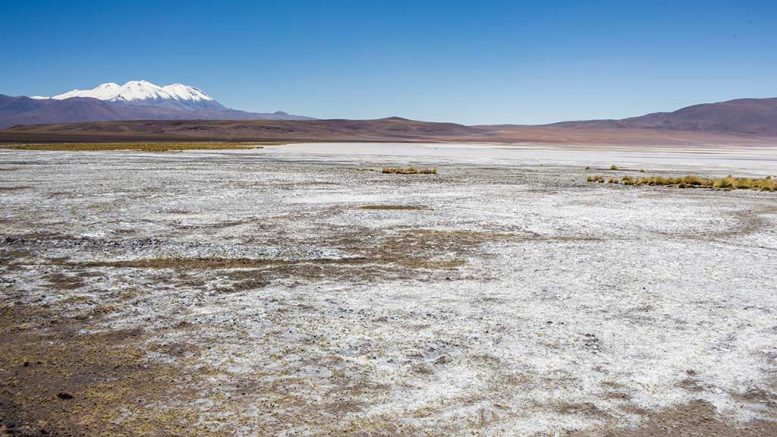Chile will open a tender for the exploration and production of 400,000 tonnes of lithium in an effort to reclaim market share and meet growing demand for the metal used in electric vehicles and high-tech devices.
The copper-producing nation, which holds the world’s largest known lithium reserves, said it is preparing bidding rules available to local and foreign firms for five quotas of 80,000 tonnes each.
Companies that secure permits will have seven years, extendable for another two, to explore and develop projects, followed by 20 years of production, the Mining Ministry said in a statement.
Chile, which until 2018 was the world’s top lithium producer, lost its crown to Australia and is about to descend further as China is projected to become the second-largest producer of the metal by the end of the decade.
The country currently generates about 29% of the world supply, but it plans to double production by 2025 to about 250,000 tonnes of lithium carbonate equivalent (LCE).
Global demand for the metal, according to ministry projections will quadruple by 2030, reaching 1.8 million tonnes of lithium. Available supply by then is expected to sit at 1.5 million tonnes.
The two top lithium miners Albemarle (NYSE: ALB) and SQM (NYSE: SQM) extract the metal in Chile’s Atacama Desert, one of the driest places on earth, by pumping brine from beneath surface and concentrating it through evaporation in pools.
The companies’ use of water in the extraction process has become a bone of contention, jeopardizing their expansion plans.
Indigenous communities living around the salt flat asked authorities in September to suspend SQM’s operating permits or sharply reduce its operations until it submits an environmental compliance plan acceptable to regulators.
In 2016, Chile’s environmental watchdog SMA charged SQM with overdrawing lithium-rich brine from the Atacama salt flat, prompting the company to develop a US$25 million plan to bring its operations back into compliance. Authorities approved that plan in 2019 but reversed their decision in 2020, forcing the miner to start again from scratch on a potentially tougher plan.
Amid the legal battle, Chilean authorities announced they would conduct the region’s first comprehensive, publicly funded, hydrological survey of the salt flat.
Lawmakers, academics, environmentalists, local communities, German carmaker Volkswagen and Chilean courts have all emphasized the importance of an environmental study to help dispel lingering questions on the impact of lithium mining in Chile.


Be the first to comment on "Chile to open up 400,000 tonnes of lithium reserves for exploration"